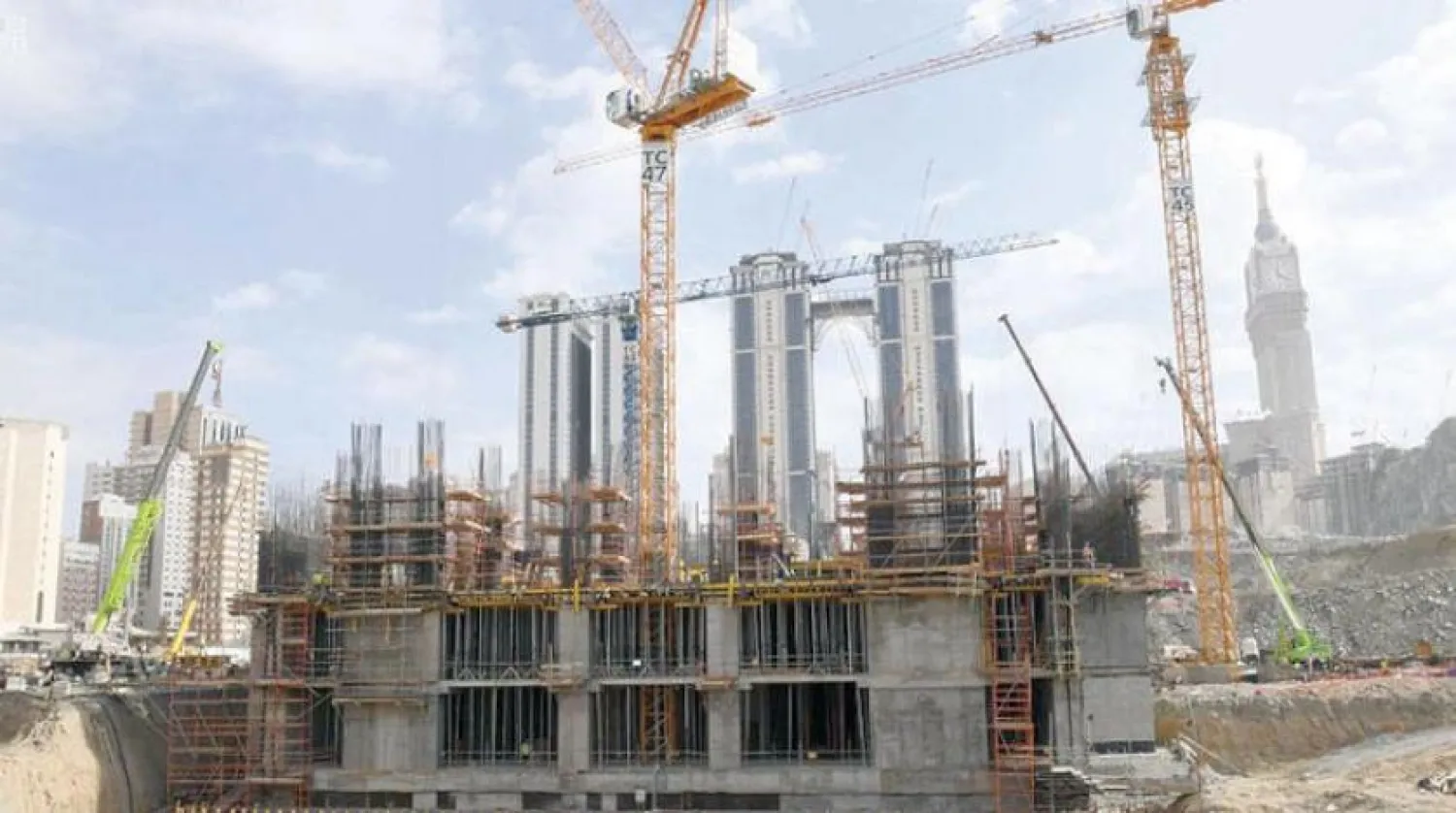New data revealed a remarkable recovery in the projects market of Gulf Cooperation Council states during Q1 2021. This was traced back to the value input of awarded projects on a quarterly basis doubling.
“After witnessing declines over the last several quarters, the GCC project market showed healthy recovery during Q1-2021 with value of projects awarded more than doubling q-o-q to $ 26.3 Billion,” said a report by Kamco Invest.
“This was mainly led by pending project awards from last year, in addition to efforts by governments in the region to vaccinate the bulk of the population and limit the spread of the Covid-19 that affected economic activity across the globe,” it added.
Citing Bloomberg, Kamco said that 26.5 million doses have been administered with at least the first dose of the vaccine in the GCC out of a total population of 54 million residents.”
According to Bloomberg estimates, median Brent crude oil forecast is expected to remain comfortably above the $60 per barrel mark over the next five years.
The report coincides with most Gulf countries starting to practically ease or completely lift some of the restrictions instated to curb the spread of the coronavirus.
Moreover, it revealed that the value of projects planned and under execution in the GCC has remained around the $ 1.7 Trillion mark since 2017.
However, at the country level, the UAE has seen its share decline consistently over the years whereas Saudi Arabia has seen an increasing share especially post the announcement of big-ticket projects.
The two markets have accounted for more than 84% of the total market over the last two years.
Total value of project planned and under execution stood at $86.1 Billion at the end of 2015 that increased to $ 91.6 Billion at the start of May 2021.
In terms of quarterly data on project awards, the GCC region witnessed the normal seasonal spike during Q1-2021 with project awards worth $26.3 Billion, more than double the contract awards during Q4-2020 that stood at $12.8 Billion.









